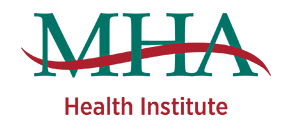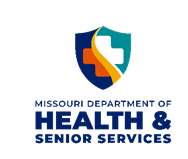May 29, 2025

New Guidance for Hospital Price Transparency
The Centers for Medicare & Medicaid Services (CMS) released new guidance on how hospitals should calculate the estimated allowed amount values for their online machine-readable files as part of the Hospital Price Transparency requirements.
Whenever possible, hospitals should:
- Use electronic remittance data to determine the average dollar amount received over the last 12-month period.
- If there is no historic data, hospitals should use the expected payment amount, encoded as a dollar figure.
- Hospitals will no longer be able to use a code of nine number nines to signify that there was not sufficient historic data for that item or service over the last year.
Click Here to View Entire Guidance Document







